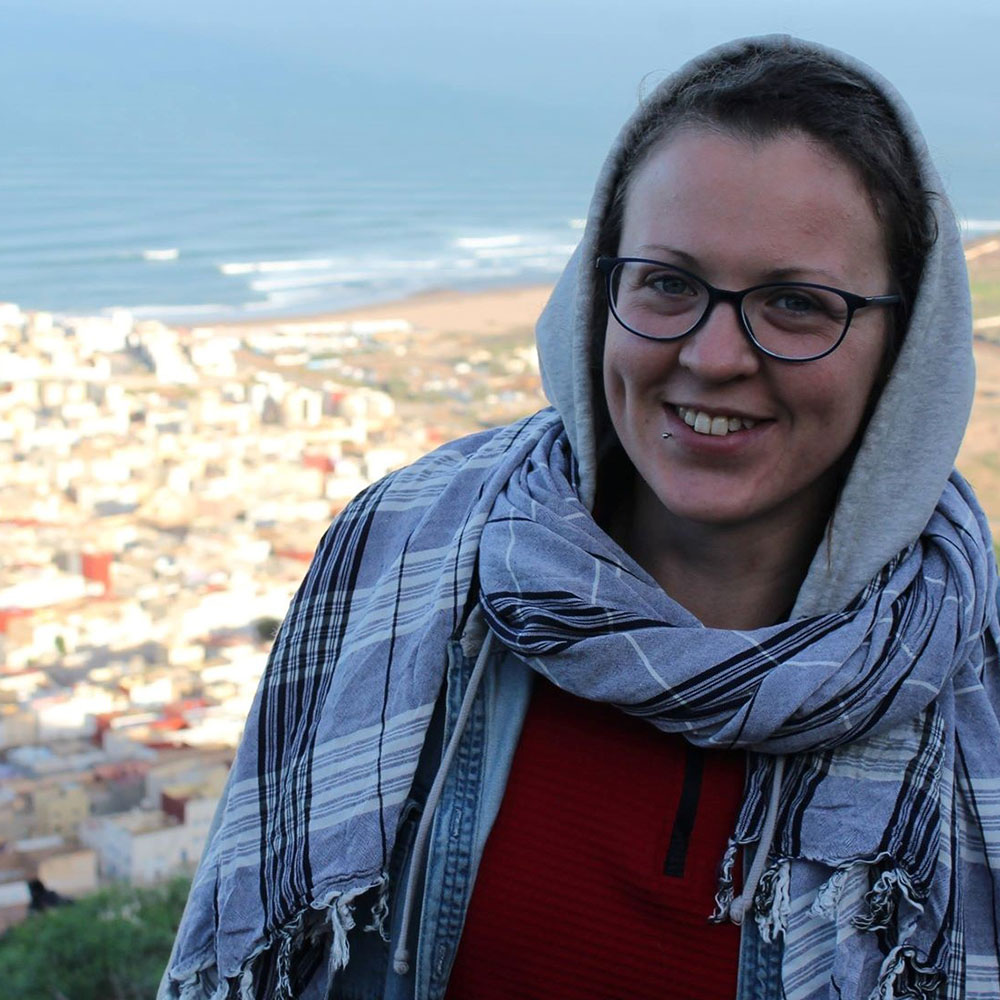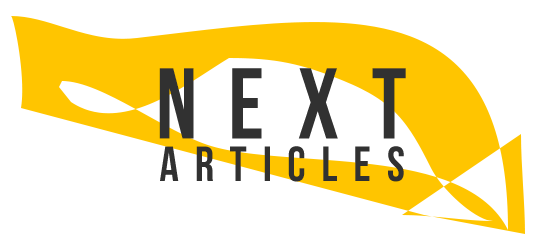Don’t close your eyes · How does poverty affect you?
Are you one of the people who scroll past inconvenient news in your social media feed? Thinking: “Oh well. I can’t do anything about it, anyway…. and it doesn’t really have an affect on my life.”
by Karolina Kazlauskaitė, student at DNS 2017
You might read about the privatisation of copper mines in Zambia without relating to it. Yes, IMF and World Bank tricked Zambia’s government into the debt trap – giving them loans so they can pay the previous loans – despicable. In order to pay the growing loans, the government had to sell out the national companies to foreign investors – disastrous.
Now the mines only profit the foreign investors, but neither local government nor people get any benefits out of it – terrible. Local people of Zambia, work their backs so hard, they’re basically enslaved in the bureaucratic neoliberal environment of 21st century – obnoxious.
Okay, all these things sound really upsetting, everyone probably agrees. But how does their poverty concern me? – some people might ask. All these struggles are so far away and we have much more relevant problems in our own countries. It’s mainly the multinational corporations and poor governments of the abused countries we should put the blame on – the enemy is so abstract that it’s very difficult to take it any more personally.
Revealing a secret
Well, I can tell you a secret. Let’s take the same example of the Zambia copper mines. Local people are being abused there by the foreign companies to work in poor conditions for very low salaries to extract copper from their land. But trust me, all these amounts of copper don’t stay in Zambia itself. It’s exported to foreign lands like China, where it is processed and sent in the shape of a final products to the developed world – USA, Australia and many European countries.
Well, I never bought any copper, you might say, never made anything out of it. That is correct, not so many of us make something out of raw copper, but let’s go a bit further in the line of production. Pipelines around our houses, all the electricity cables, heating systems – all made of copper or at least copper alloys like brass or bronze. It already makes tens of kilos of copper around one house. And it’s just the beginning.
All the home appliances like fridges, ovens and microwave contain copper. Electronics – TVs, computers, smartphones – all depend on copper. So – that’s why the misery and poverty of the Zambians matter to you. Their poverty affects you on a personal level, whether you like it or not.
Prepare to get surprised
You might not be a big fan of national defense (everything from sophisticated computers and communications networks to massive stuff like vehicles, bombers, guns and all other equipment – contain solid amounts of copper), but for sure you sympathise with renewable energy? Prepare to get surprised – wind turbines, solar panels, hybrid vehicles, and other technologies, all require large amounts of copper to generate and transmit renewable energy. For example, a single wind turbine contains over 4 tons of copper.
Again, you might think, oh, but what can I do, it’s not me who build the wind turbine. That is correct. But it’s you who buy a smartphone, isn’t it? Again, you might say, oh, but it’s a massive problem and a phone is just such a microscopic part of it, it’s not worth talking about… Believe me, it is more than worth it. Imagine if everyone in your country started to demand big producers like Apple or Samsung to use fair trade copper (as well as other materials like silver, lithium, iron, etc.) in their smartphones, laptops, TVs and other devices.
Don’t close your eyes
Perhaps a phone is not a product you buy so often. However, you can fight against unjust trade with many other choices you make every day. Coffee plantations in Ethiopia or Brazil, clothes factories in Indonesia or Bangladesh, tobacco plantations in Malawi, sugar cane plantations in Philippines – these are the niches of human exploitation. At the same time, these are the areas, where your daily decisions might make a difference.
Publicity is what the big corporations are most afraid of as well as unsatisfied customers. Alone you might not change a thing, but being a part of national movement might start to move things. Once you know all this, the worst thing you can do is to stay indifferent. We are all busy with our own problems, but it should not be an excuse for closing our eyes for the struggles of others.
Especially when their struggle is benefitting the wellbeing of us in the developed world. Do not let the shiny screen of your new smartphone distract you from the whole process it has been through before it landed in your hands.
Be a conscious consumer!

Karolina Kazlauskaitė
Student at DNS 2017

It’s mainly the multinational corporations and poor governments of the abused countries we should put the blame on – the enemy is so abstract that it’s very difficult to take it any more personally.

thankyou learn more meta
Thank you!You should get a booking confirmation over email.Meanwhile, feel free to explore our blogThank you!You should get a confirmation over email.Meanwhile, feel free to explore our blog
Winter Concert · January 2025
We are looking for volunteers to help us organise a big music event at the end of January!




